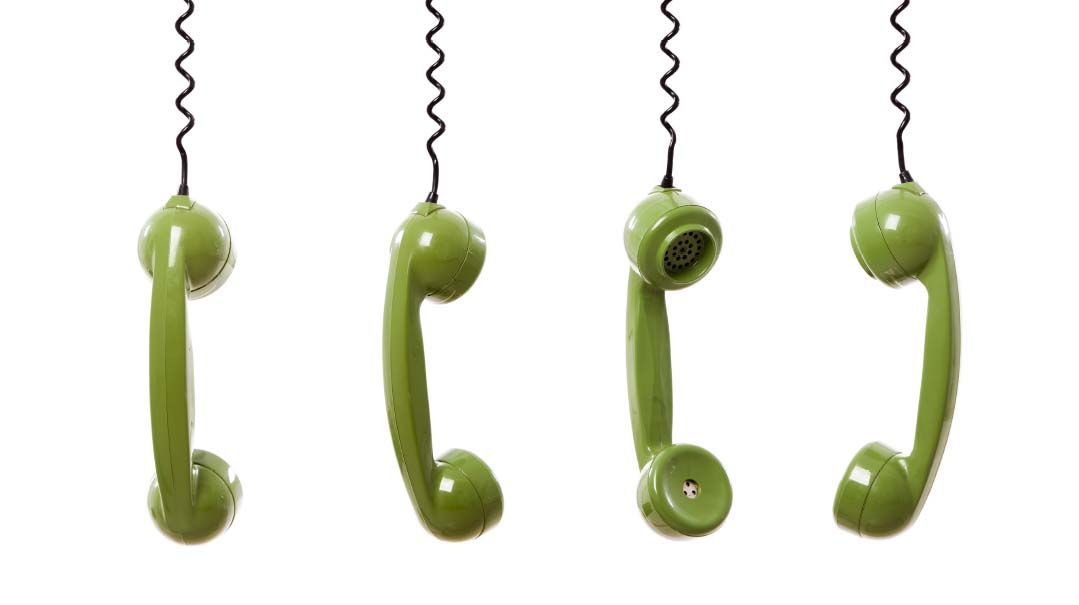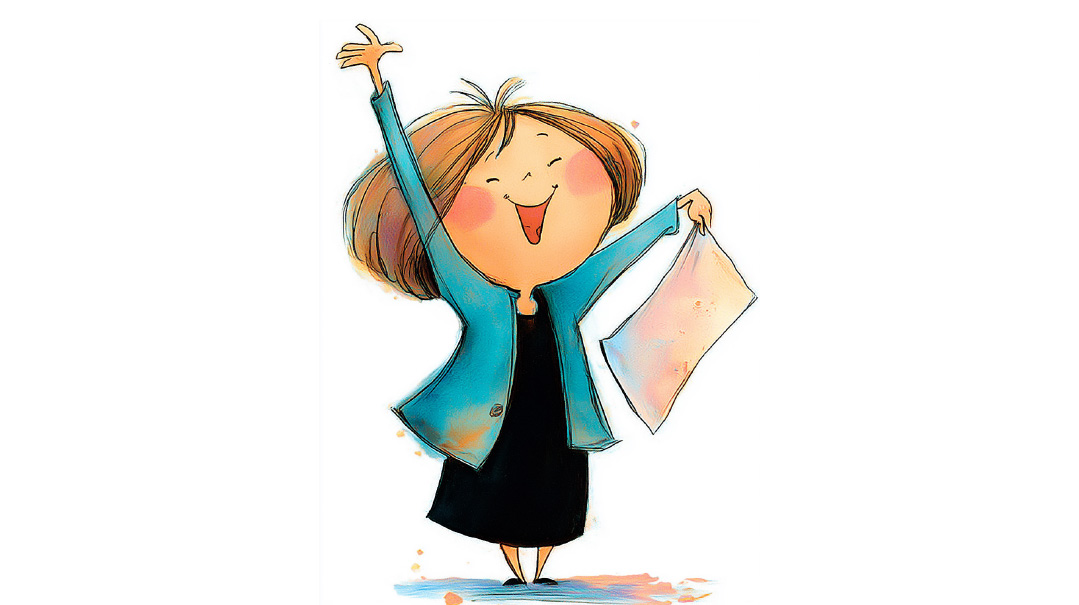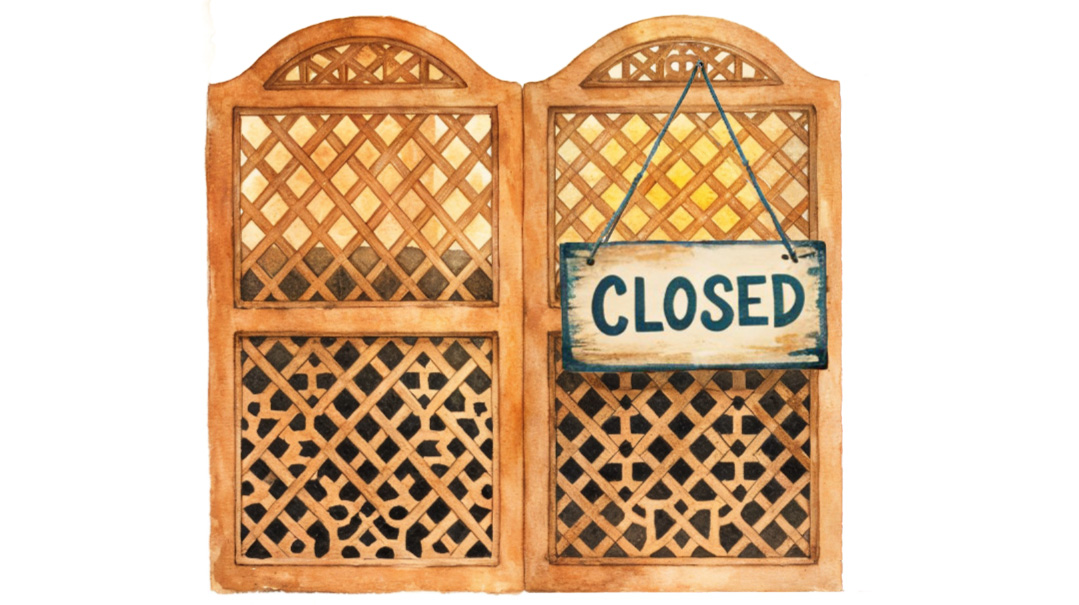Careful, Now
| December 28, 2021I hated that she was the only mother who panicked. “Come on,” I’d say. “There were still lots of people on the street!”

Growing up, a chorus of “watch how you cross” and “call me when you get there” followed me like a tail whenever I left the house. My mother wasn’t a helicopter mom per se, but she definitely worried about us a lot. My sisters and I often got together with friends on Friday night. If one of us wound up in deep conversation and missed the midnight mark, we knew we’d find my mother on the porch, scanning the streets, frantic.
I hated that she was the only mother who panicked. “Come on,” I’d say. “There were still lots of people on the street!”
I remember the times my sisters and I went to the Bais Yaakov and Machon plays and returned home late. Although my mother had been in bed for a couple of hours by that point, a croak of “good night” could always be heard from the master bedroom. We’d exchange knowing glances. She never slept peacefully until every last one of her teenagers were slumbering.
Study sessions with friends was another parshah. Pre “every-teenager-owns-a-cell phone” days, during midterms and finals, my friends all knew who was calling when our sessions were interrupted by the phone. The singsong caller ID would announce… drumroll… Roizy Home. It was always better when the studying took place at my house, under my mother’s watchful gaze. Well, it wasn’t exactly under her gaze, but it was literally under her, in the basement two flights down.
Now that I think about it, I may have just had a group of friends with super chilled moms, because when my friends finally left our basement vasikin time, nobody had called frantically looking for them.
In camp, I’d join the long lines of homesick campers (no, I wasn’t homesick in the least) to religiously — albeit begrudgingly — let my mother know I was among the living.
Before trips, I’d groan at her alarmism. “Don’t do dangerous things,” she’d say, while I was hoping that the water in the wave pool was at least 12-feet deep.
Another image I can conjure up was Rabi Meir Baal Haneis’ pushke, in its place in the upper kitchen cabinet, swallowing a 20-dollar bill. It’s still being fed faithfully every time one of us go anywhere.
I was a risk-taker. I’d often leave bewildered drivers honking after my reckless street crossing. And on the bus, I’d silently urge the driver to speed up.
Sometimes my sisters and I would discuss why adults weren’t the daredevils they’d been as teens.
“They can’t be. They probably have children at home,” we’d opine.
My mother would spread out her arms. “And what about their mothers?”
With time, I learned to placate her worry with a quick phone call upon arrival. And with magical maturity, I started seeing reason for a mother’s worry.
Today, I reflect on the days when the words “don’t worry” rolled off my tongue as easily as “baruch Hashem” does. And I wonder where my fearlessness has walked off to.
Take my husband’s driving — it serves as a reminder that he was once a bochur. I watch the pointer rise and turn on the speedometer like I watch a pot of porridge. “Don’t forget,” I say as images of my kids swim before my eyes, “that I have kids waiting for me at home.” Sometimes it emerges a little sharper and louder than I intended.
And while permission slips for school trips elicit shrills of excitement from my children, my stomach drops. I sign the dotted line on the form and send along the requested sum of money, but really, I’d love to have my kids next to me all the time or at least know exactly where they are at every given moment.
They’re not teenagers yet, so I have time until the midnight studying sessions and late night tishen.
But when it’s time to wave my kids off for the day, I’m right behind them. “Zay voil and be careful,” I say as I extract a shekel coin from my wallet and insert it in the pushke slot.
(Originally featured in Family First, Issue 774)
Oops! We could not locate your form.






